Ecosystems: Interactions, Energy, and Dynamics
-
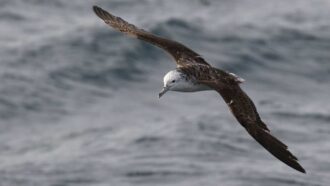 Animals
AnimalsSome seabirds survive typhoons by flying into them
Some birds take massive detours to avoid cyclones. But shearwaters caught between land and the storm’s eye sometimes fly toward the storm’s center.
By Freda Kreier -
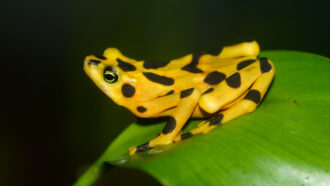 Animals
AnimalsSome spikes in malaria cases may be tied to amphibian die-offs
Amphibian deaths from a fungal disease may have led to more mosquitoes — and an increase in malaria cases in Costa Rica and Panama.
-
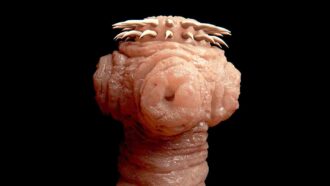 Health & Medicine
Health & MedicineHow wriggling, blood-eating parasitic worms alter the body
Parasitic worms eat blood and make people sick, but they may also help prevent or treat some diseases.
-
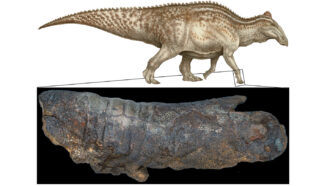 Fossils
FossilsDinosaur ‘mummies’ may not be as rare as once thought
Bite marks found on a fossilized dino show that skin can be preserved even when a carcass is not immediately smothered by sediment.
By Jake Buehler -
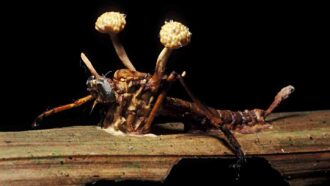 Animals
AnimalsLet’s learn about parasites that create zombies
Some parasites turn their victims into mindless puppets that do the parasites’ bidding, even at the cost of their own lives.
-
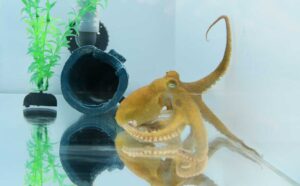 Animals
AnimalsAnalyze This: Octopuses may use favorite arms for grabbing meals
Understanding how octopuses control all their arms could provide clues for engineers building soft robots.
-
 Science & Society
Science & SocietyWhat’s the fun in fear? Science explores the appeal of scary movies
On its face, the appeal of horror doesn’t make much sense. But scientists are starting to uncover who’s most likely to enjoy scary films and why.
-
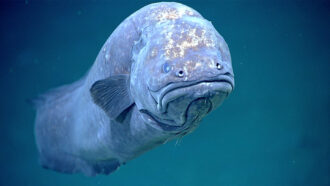 Animals
AnimalsSea creatures’ fishy scent protects them from deep-sea high pressures
TMAO’s water-wrangling ability protects a critter’s critical proteins — including muscle — from crushing under deep ocean pressures.
-
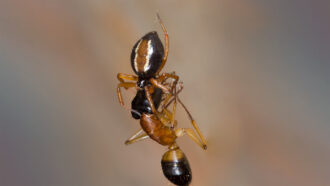 Animals
AnimalsThis acrobatic spider flips for its food — literally
An acrobatic hunting trick lets the Australian ant-slayer spider catch prey twice its size, a new study shows.
By Freda Kreier -
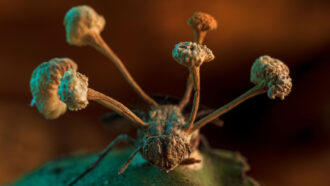 Animals
AnimalsAward-winning photo captures ‘zombie’ fungus erupting from a fly
The winner of the 2022 BMC Ecology and Evolution photo competition captures the cycle of life and death in the Amazon rainforest in Peru.
-
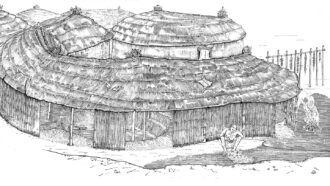 Humans
HumansWhat does charred ancient poop reveal about early animal-raising?
Evidence from the dung may push the onset of animal raising back 2,000 years earlier than previously thought.
-
 Animals
AnimalsScience is just starting to understand what animals feel
Animal-welfare researchers are studying the feelings and experiences of horses, octopuses and more.